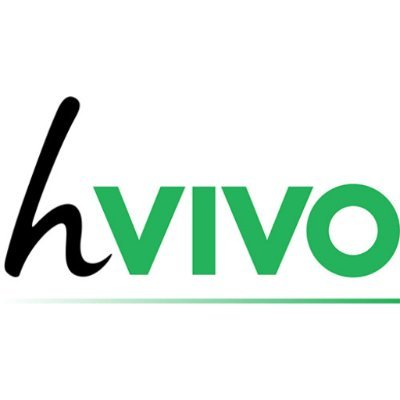In clinical trials, ensuring patient safety is paramount, and researchers must identify suitable participants who meet specific requirements. To this end, there are distinct processes involved, known as pre-screening and screening, which help determine whether a candidate is eligible to proceed with a study. Pre-screening is often the first step and may involve completing a questionnaire online or participating in a brief phone interview. This initial assessment is straightforward, focusing on general eligibility criteria, and provides researchers with an early list of potential candidates. However, passing this stage does not automatically mean someone is a perfect fit; rather, it serves as a filter before further evaluation.
Following pre-screening, those deemed likely candidates enter the screening stage. This is a more detailed process, typically conducted in person, where researchers gather comprehensive data, including a medical history review and physical examination. Screening can involve laboratory tests or other assessments, offering a thorough health overview to confirm whether a participant is indeed suitable. This stage of evaluation ensures participants meet the study’s criteria while reducing risks associated with existing health conditions or potential adverse interactions with the trial interventions. As a result, screening often requires more time and clinical resources compared to the initial pre-screening.
While pre-screening and screening share the goal of participant safety, they differ significantly in scope and purpose. Pre-screening takes place at the outset, helping to filter individuals quickly. Screening is then conducted to further refine the candidate pool, identifying those whose health profiles align closely with the trial’s needs.
Pre-screening’s efficiency has several benefits for clinical trials. By narrowing down the initial pool of candidates, it reduces unnecessary tests, saves on resource costs, and eases the researchers’ workload. Screening, in turn, provides critical insights into each selected participant’s health, allowing researchers to confirm suitability with greater accuracy. This level of examination also minimises potential interference from medications or health conditions that might skew results.
Knowing the distinction between pre-screening and screening can make the clinical trial process easier for participants. Pre-screening, being a simple questionnaire or interview, poses no immediate demands, while the screening process may require tests or medical exams but provides a detailed understanding of what the trial will involve.
Pre-screening and screening together play essential roles in clinical trial preparation, ensuring only those participants who meet necessary safety and eligibility criteria are selected. This phased approach prioritises participant health while supporting the trial’s overall success.
hVIVO plc (formerly Open Orphan plc), led by Cathal Friel, is a rapidly growing specialist contract research organisation (CRO) and the world leader in testing infectious and respiratory disease vaccines and antivirals using human challenge clinical trials, providing end-to-end early clinical development services for its broad and long-standing client base of biopharma companies.


